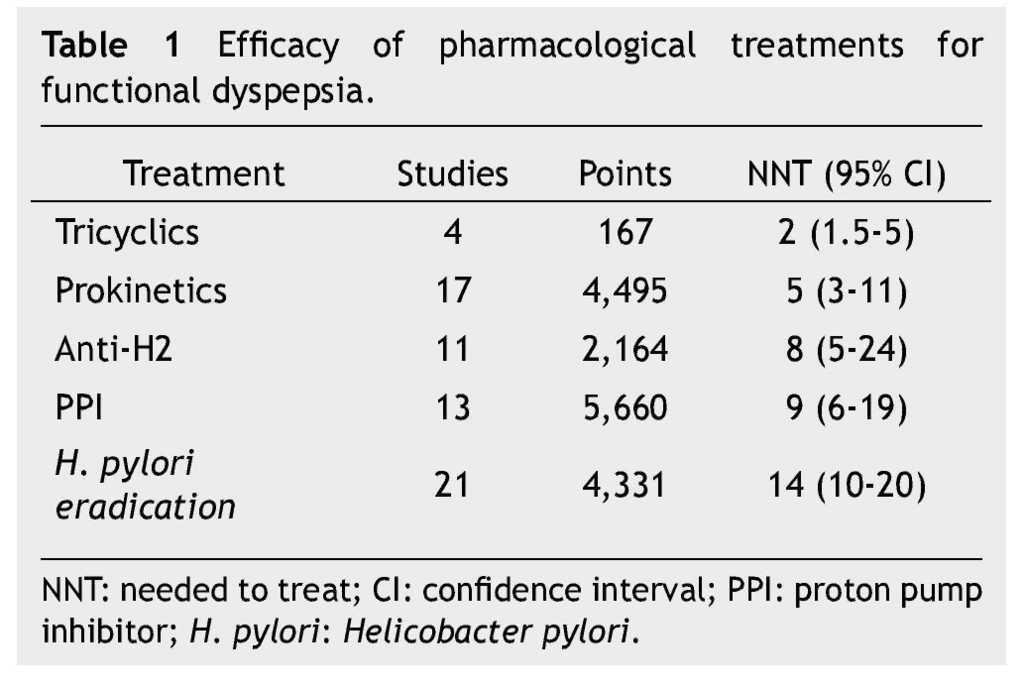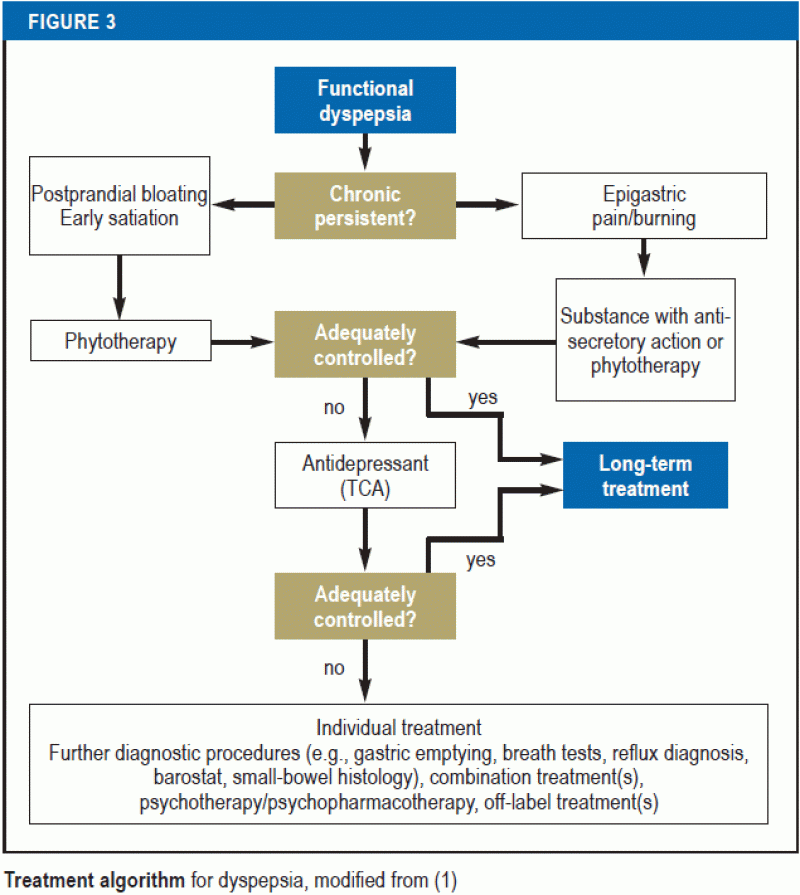
In addition to using medication for dyspepsia treatments, you may need to undergo a physical examination to determine the cause of your symptoms. Your doctor will ask you about your eating habits and examine your abdominal region. X-rays of the abdomen can reveal any abnormalities in your digestive tract. Your doctor will also collect samples to test for bacteria, and endoscopic examinations can diagnose any abnormalities in the upper part of your digestive tract.
Surgical procedures, lifestyle changes, and diet modifications can help you manage your symptoms of indigestion. Medications for dyspepsia are also available. Many commonly prescribed medications reduce stomach acid, including antacids, proton pump inhibitors, and histamine blockers. Surgical procedures can also help relieve severe symptoms. Other medicines may treat the disorder and help you manage the condition.
While there are many treatments for dyspepsia, it’s important to seek medical attention if your symptoms persist. If you suspect a condition such as an ulcer, see your doctor. Your doctor may prescribe medications that can help with your symptoms. In severe cases, surgery may be required. If you are over 55, see your doctor immediately. In some cases, dietary and lifestyle changes are all that is needed to control the symptoms of dyspepsia.
Functional dyspepsia, also known as non-ulcer dyspepsia, is a condition in which symptoms are caused by an abnormality in the stomach. In addition to lifestyle changes, medications can also help with symptoms. The most commonly prescribed drugs are antacids, which reduce stomach acid. Some of these medications are known to be effective in reducing the symptoms of non-ulcerative or functional dyspepsia, but you should discuss this with your doctor before taking them.
There are some foods that can aggravate the symptoms of indigestion. These include fatty foods, spicy foods, and spicy foods. Site https://bronzemedia.com.sg/
will recommend dietary changes depending on the severity of your symptoms. If symptoms are severe, see a doctor. Some of the common medications for indigestion are antacids, which are taken to treat discomfort caused by indigestion.

Among the methods of treatment of dyspepsia, antiemetics are usually chosen. These medicines are prescribed to relieve the symptoms associated with this condition. However, they should only be used when medically indicated. In some cases, dyspepsia may be a symptom of another ailment. The doctor should be able to advise you on the correct type of medication for your particular case. For more information on treatments for dyspepsia, visit the website https://blogshopsingapore.sg/.
In severe cases, a doctor may prescribe medication to treat dyspepsia. These medicines are usually available without a prescription. If you don’t have a prescription, you can also take low dose antacids. Also, you can ask your doctor about using nitrates in a prescription. A prescription antacid is a strong medication that helps reduce stomach acid.
The most common treatment for dyspepsia is medication. There are over-the-counter and prescription drugs for both types of dyspepsia. Various types of medications are available for functional dyspepsia, but some may only treat the symptoms and not the actual underlying condition. The doctor may prescribe an antibiotic to treat functional dyspepsia and may prescribe a new medication for your particular case.
Although treatment for dyspepsia is available for a variety of conditions, it is important to see a doctor for an accurate diagnosis. If symptoms persist, the doctor may prescribe medication. While some types of dyspepsia can be treated with lifestyle and dietary changes, some cases can be treated with medication. For those whose symptoms persist for more than a month, your doctor should assess your condition and suggest the best course of treatment.
Functional dyspepsia is a more serious condition. Symptoms of this condition include nausea and vomiting. You may also experience loss of appetite or weight. If you experience these symptoms, you should contact your doctor. Your doctor will prescribe indigestion medications to help you manage your symptoms and prevent them from recurring. A specialist can also recommend dietary changes to help the digestive tract function properly.
A healthcare professional will be able to diagnose dyspepsia by reviewing your medical history and symptoms. If you have a family history of the disorder, your doctor will be able to rule out any underlying conditions that may be causing your symptoms. Symptoms of dyspepsia can vary in severity. While not dangerous to your health, it can lead to discomfort.
